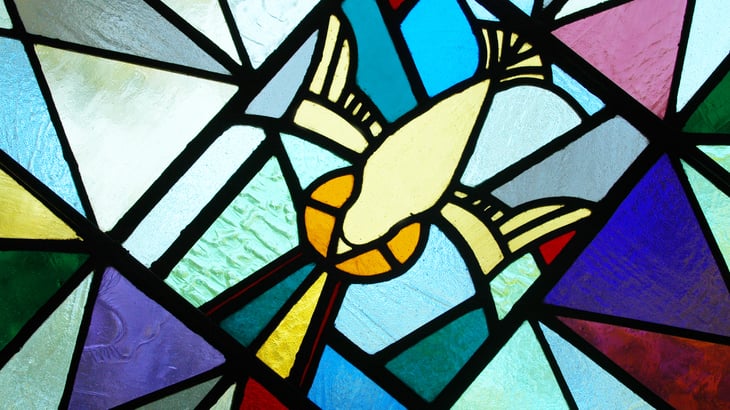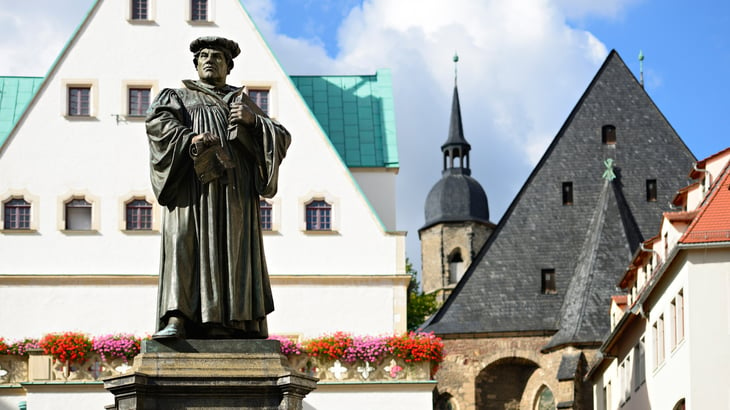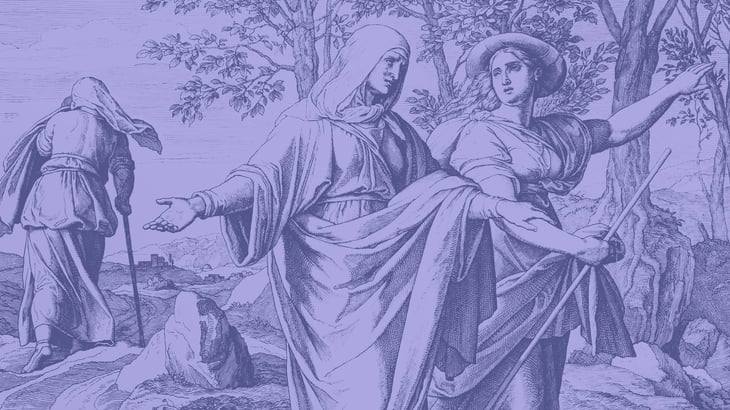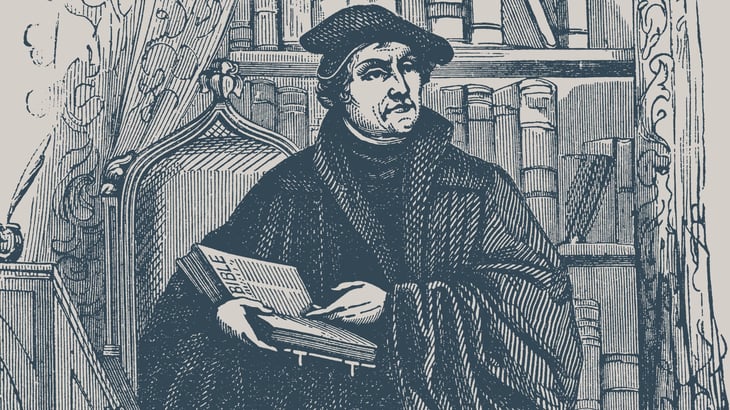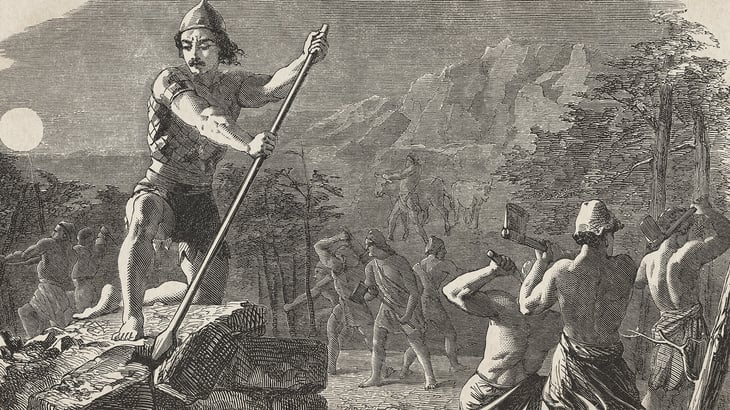Recent Posts by Concordia Publishing House
The Holy Spirit in Chronicles
The following is an excerpt from volume 1 of The Lutheran Bible Companion on the action of the Holy Spirit in 1 Chronicles and 2 Chronicles.
Doers of the Word in James
In Dr. Curtis Giese’s Commentary on James, Giese gives particular attention to James’s meaning in his use of specific words, including “faith,” “justification,” “Law,” and “Gospel.” In this excerpt, Giese looks at the implication and meaning of “doers” and “Word” in James 1:22.
Elijah: God’s Prophet to the Kings of Israel
Throughout the Old Testament—and especially in the Books of 1 and 2 Kings—God works through prophets to call Israel and her kings back to Him and rebuke their unbelief. The following excerpts from The Lutheran Bible Companion feature one of these instances: the encounters of Ahab and Elijah.
Why Will the World End?
This blog post is adapted from Johann Gerhard’s Theological Commonplace On the End of the World and On Hell, specifically Gerhard’s notes on the reasons for the end of the world.
The Lutheran Legacy of Resistance
The following is an excerpt from Wade Johnson’s essay “We Must Obey God Rather Than Men: The Lutheran Legacy of Resistance” in One Lord, Two Hands? Essays on the Theology of the Two Kingdoms, a new anthology edited by LCMS President Rev. Dr. Matthew Harrison and Rev. Dr. John T Pless.
Samuel: Prophet, Priest, and Judge
This blog post is an excerpt from the Lutheran Bible Companion, Volume 1: Introduction and Old Testament.
On Preaching About Hell: Gerhard’s Advice
This blog post is adapted from Gerhard’s Theological Commonplace On the End of the World and On Hell, or Eternal Death, specifically Gerhard’s notes on the practical pastoral benefits of preaching on hell.
Redemption and Symbolism in Ruth
This blog post is adapted from Lutheran Bible Companion, Volume 1: Introduction and Old Testament.
One of the first matters to require attention is the real import of Ruth’s oft-quoted speech in 1:16–17, expressing her resolve to accompany Naomi. One should take care neither to read into Ruth’s words more than is actually said nor fail to hear them in total context.
Works-Righteousness: Luther’s Response to His Opponents
This blog post is adapted from Luther’s Works, Volume 61: Theological and Polemical Works.
These notations made by Martin Luther regarding the Bible passages used by his opponents to support works-righteousness were gathered by Veit Dietrich during Dietrich and Luther’s stay at the Coburg as the Diet of Augsburg progressed. Although he never completed the book, these fragments offer insight into Luther’s thinking during a critical point in the history of the Reformation.
Worshiping Idols in the Book of Judges
This blog post is an excerpt from the Lutheran Bible Companion, Volume 1: Introduction and Old Testament.
By breaking the seemingly innocuous command to “make no covenant with the inhabitants of this land” (Jgs 2:2; cf Ex 23:32), Israel began its downfall. Israel was to be His arm of justice against Canaanite peoples whose measure of wickedness was full and overflowing.

